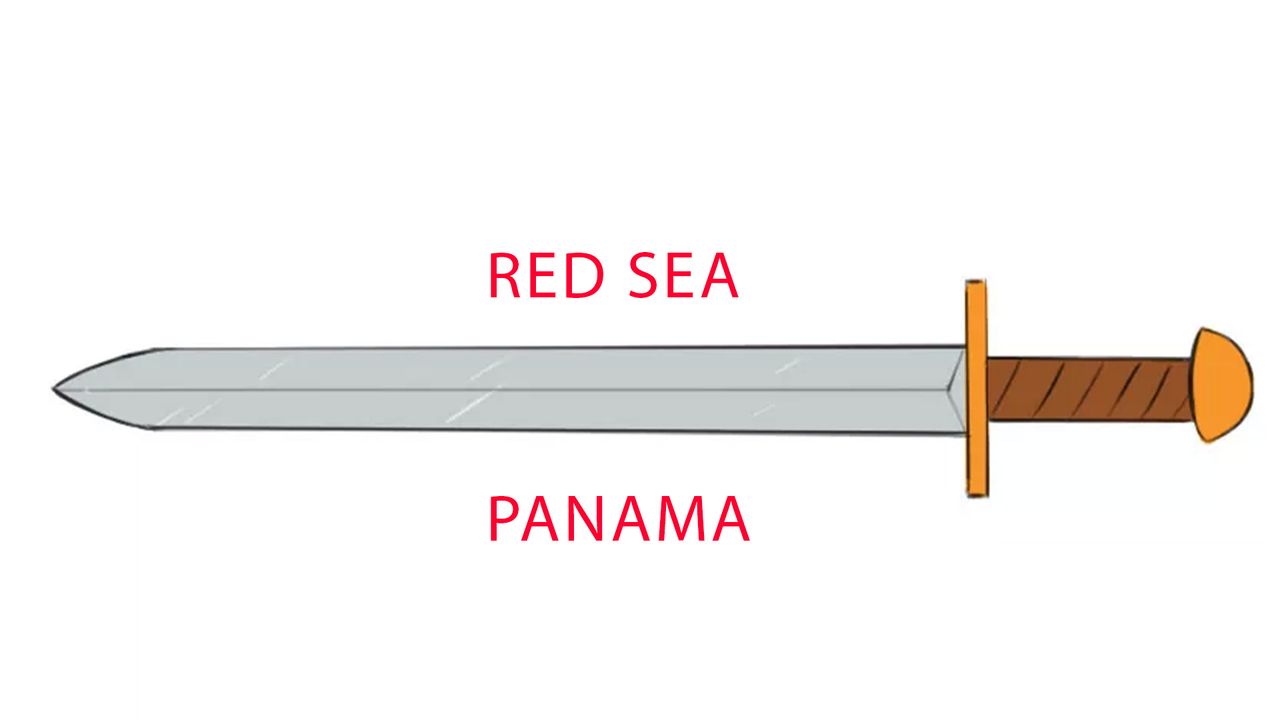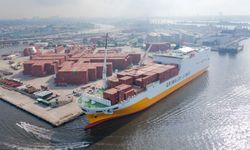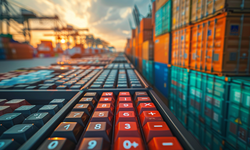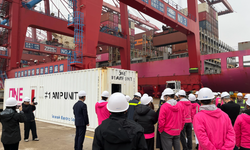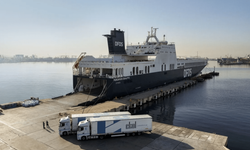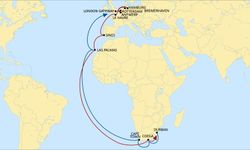Two critical trade routes, the Panama Canal and the Suez Canal, are at the center of these disruptions. Low water levels at the Panama Canal are restricting the number of ships passing through, while attacks by Yemen's Houthi rebels in the Red Sea are impeding shipping.
For U.S. importers, such as Palmetto Tile Distributors in South Carolina, unexpected impacts have emerged. Even though some products don't typically pass through the Panama Canal, disruptions in the canal affect shipments indirectly, causing delays and backlogs.
Similarly, on the other side of the globe, businesses like Sahadi Fine Foods in Brooklyn, New York, are feeling the pinch. Shipping traffic has been diverted away from the Red Sea, leading to increased costs for imports like Greek olive oil and Lebanese hummus. Shippers are forced to pay additional fees, adding strain to already tight budgets.
As a result of these challenges, some companies are reconsidering their shipping strategies. Adam Miller, the founder and owner of Revel Bikes in Colorado, highlighted the dilemma of increased air freight costs as an alternative to sea shipping. Despite the higher expenses, some businesses are opting for air freight to maintain reliable deliveries and meet customer expectations.
In a significant development for global trade, numerous cargo ships voyaging from Asia to Europe are steering clear of the Red Sea and the Suez Canal due to persistent attacks and hijackings by Houthi militants in response to the Israel-Hamas conflict.
The International Chamber of Shipping, a major trade group, reports that these incidents are causing substantial disruptions, leading to heightened costs and delays across the supply chain.
In the face of these obstacles, businesses are adapting their approaches, ordering more stock to compensate for delays and exploring alternative transportation methods. The hope is that as geopolitical situations stabilize, particularly in the Red Sea region, the shipping industry will see a return to smoother operations. Until then, businesses must navigate these turbulent waters to ensure a steady and reliable supply chain.
